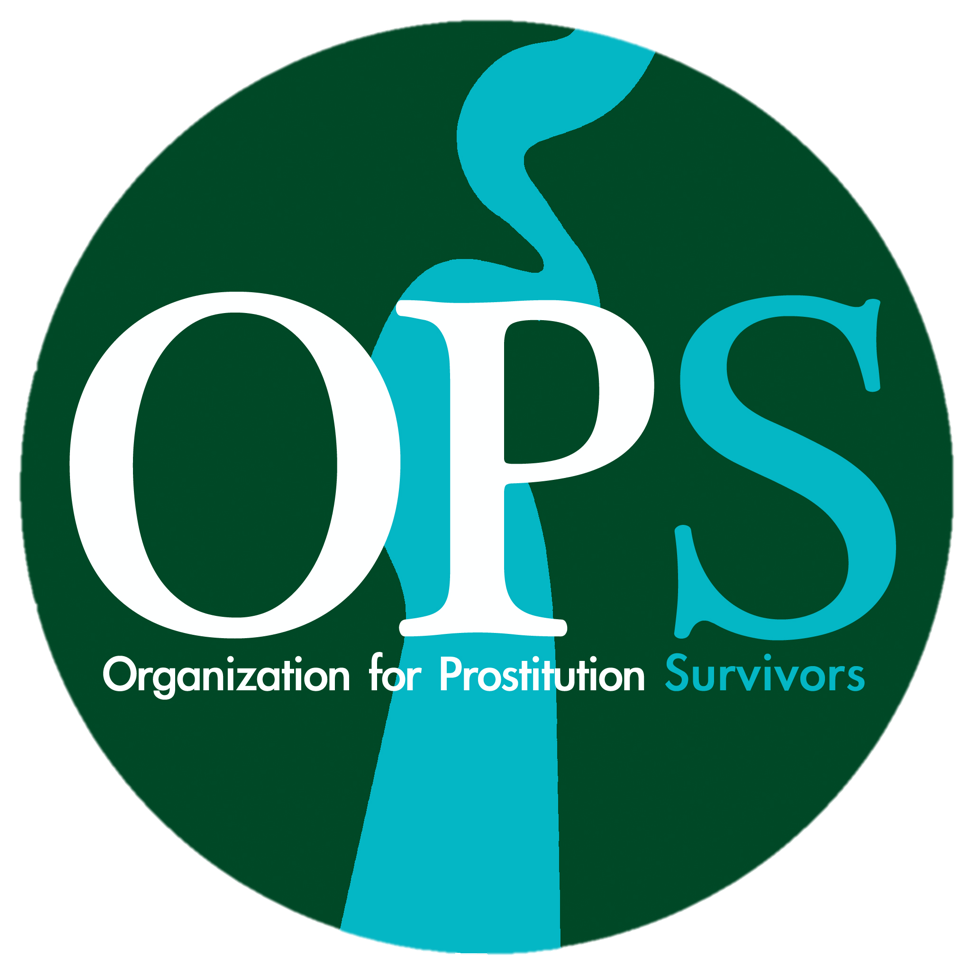Understanding and Navigating Political Trauma
In times of political upheaval, many of us find our sense of safety and identity profoundly shaken. This is what we are coming to understand as political trauma – an intense emotional response that stems from events, actions, or rhetoric in the political sphere that evoke distress, fear, or anxiety. It is not merely about a singular policy or partisan decision; political trauma goes deeper, touching the very core of who we are and what we believe in.
For survivors of commercial sexual exploitation and communities of color, such experiences can resonate even more deeply, potentially exacerbating vulnerabilities and past traumas. Recognizing the signs of political trauma will be an essential step in advocating for yourselves and for the collective healing of our communities.
Signs of Political Trauma
• Heightened anxiety or fear related to political events
• Difficulty sleeping or concentrating
• Increased irritability or anger
• Feelings of helplessness or despair
• Physical symptoms like headaches or stomach issues
Effects of Political Trauma on Mental Health
Political trauma can have far-reaching consequences on an individual's mental health. Experiencing political trauma can lead to:
Increased Risk of PTSD: Exposure to political violence or oppression can lead to post-traumatic stress disorder (PTSD), characterized by intrusive thoughts, nightmares, and hypervigilance.
Depression and Anxiety: Chronic exposure to political stressors can contribute to the development of depression and anxiety disorders.
Cognitive Impairment: Political trauma may affect cognitive functions, leading to difficulties in concentration, memory, and decision-making.
Social Withdrawal: Individuals may experience a sense of alienation and disconnect from their communities, leading to social isolation.
Intergenerational Trauma: The effects of political trauma can be passed down through generations, impacting the mental health of future family members.
Even amidst these challenges, your strength and resilience shine through. There is hope, and there are strategies for coping and reclaiming your empowerment.
Strategies for Healing and Empowerment
Moderate your media consumption: In the digital age, the constant noise of news can be overwhelming. It's healthy to stay informed, but it’s also vital to create boundaries around daily news intake. Consider starting your day with a grounding practice rather than an immediate update on global events.
Seek out positive engagements: Diversify your sources of information and allow yourself to engage in learning and activities outside the realm of politics. Short, managed updates can give you the awareness you need without undue stress.
Prioritize daily self-care: Find what brings you peace and joy - be it through meditation, physical activity, or creative endeavors. Establishing a sanctuary of tranquility in your daily life isn't just beneficial; it's necessary.
Foster community connections: There is profound strength in shared experiences. Seek the support of trusted allies – friends, family, and support groups who understand and validate your experiences.
Take purposeful action: Engage in community work that reflects your values, helping you to feel grounded and in control. Practices like Acceptance and Commitment Therapy (ACT) can help shift your focus to actions that are in your control and reinforce your resilience.
Reach out for professional support: When the weight feels too heavy, know that seeking the assistance of a mental health professional trained in trauma-informed care is an act of courage and self-care.
Embrace cultural healing: Connect with healing practices that resonate with your cultural identity, fostering a sense of meaning and rootedness in your heritage.
By adopting these strategies, you are not only navigating political trauma but also actively participating in the journey toward healing and empowerment. Acknowledge the impact of these challenging times, while also celebrating your capacity for resilience. With each step, no matter how small it may seem, you are making meaningful progress. Remember, you are not alone in this; our community stands together, resolute in supporting one another through each shared experience and every individual triumph.

